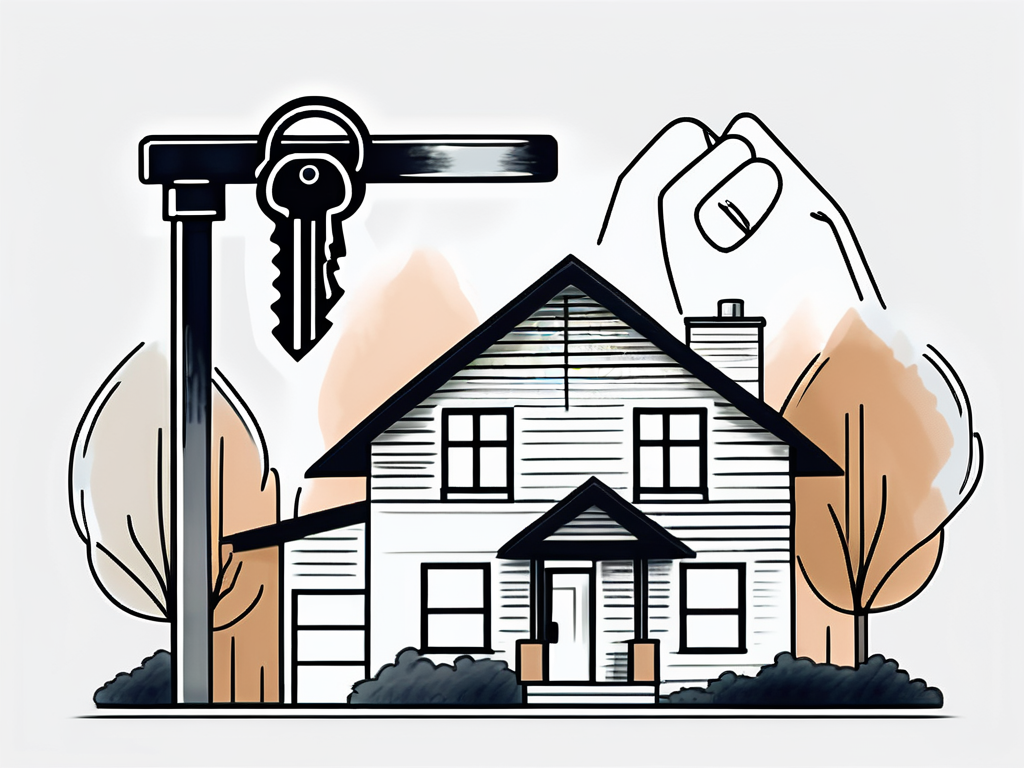The Comprehensive FSBO Guide for Illinois Homeowners
Are you an Illinois homeowner considering selling your property? If so, you may have heard of the term "For Sale By Owner" or FSBO. This guide will provide you with the essential knowledge you need to navigate the FSBO process in Illinois.
Understanding FSBO
FSBO, short for "For Sale By Owner," is a real estate term that refers to homeowners selling their property without the help of a real estate agent or broker. This method can potentially save homeowners thousands of dollars in commission fees.

However, selling a home FSBO is not without its challenges. It requires a significant amount of time, effort, and knowledge of the real estate market. This is especially true in Illinois, where real estate laws and regulations can be complex.
Steps to Sell Your Home FSBO in Illinois
Step 1: Understand the Illinois Real Estate Market
Before you list your home for sale, it's crucial to understand the current state of the Illinois real estate market. This includes understanding the average home prices in your area, how long homes are typically on the market, and what buyers are looking for in a home.
Conducting market research can help you price your home competitively and attract potential buyers. You can do this by looking at comparable homes in your area, known as "comps," and seeing how your home stacks up.
Step 2: Prepare Your Home for Sale
When selling your home FSBO, you'll need to prepare your home to make it appealing to potential buyers. This could involve making necessary repairs, decluttering, and staging your home to show it in the best possible light.
In Illinois, sellers are also required to complete a Residential Real Property Disclosure Report. This report discloses the condition of various aspects of your home, such as the roof, foundation, and plumbing. Failure to disclose known issues could lead to legal issues down the line.
Step 3: Market Your Home
Marketing is a crucial aspect of the FSBO process. This involves listing your home on real estate websites, utilizing social media, and potentially even hosting open houses. High-quality photos and a compelling property description can go a long way in attracting potential buyers.
Remember, your goal is to reach as many potential buyers as possible. In Illinois, this could mean targeting buyers looking for homes in specific neighborhoods, school districts, or near certain amenities.
Legal Considerations for FSBO Sellers in Illinois
When selling your home FSBO in Illinois, it's important to be aware of the legal requirements. This includes understanding the Illinois Residential Real Property Disclosure Act, the Fair Housing Act, and the lead-based paint disclosure requirement for homes built before 1978.

Additionally, once you've accepted an offer, you'll need to prepare a real estate purchase agreement. This is a legally binding contract that outlines the terms of the sale. It's often recommended to have a real estate attorney review this document to ensure it complies with all Illinois laws and regulations.
Pros and Cons of FSBO
Selling your home FSBO can potentially save you a significant amount of money in real estate commission fees. However, it also requires a significant amount of time and effort. You'll be responsible for all aspects of the sale, from preparing your home for sale to negotiating the final price.

Additionally, selling FSBO can be more challenging in a buyer's market, where there are more homes for sale than there are buyers. In these situations, having the expertise of a real estate agent can be beneficial.
Conclusion
Selling your home FSBO in Illinois can be a rewarding experience if you're prepared to put in the time and effort. By understanding the Illinois real estate market, preparing your home for sale, and being aware of the legal requirements, you can successfully navigate the FSBO process.
Remember, while this guide provides a comprehensive overview of selling FSBO in Illinois, every home sale is unique. It's always a good idea to consult with a real estate attorney or other professionals if you have specific questions or concerns about your home sale.





